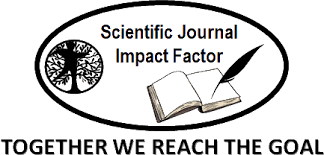CREATING SPIRITUAL VALUE: THE ISLAMIC WAY TO INTEGRATE ENVIRONMENTAL AND SOCIAL RESPONSIBILITIES
Abstract
Purpose — While previous social and environmental accountability (SEA) research has been focused on company scenarios, in non-profit organizations (NPO), SEA has received little attention. This study focuses on traditional Islamic organizations as one of NPO that provide commodities and services with the goal of increasing social value for the community at large. Accordingly, the current study aimed to develop a theoretical framework by elaborating the value system of main Islamic teachings to highlight the spiritual value of social and environmental consciousness and action
Design/methodology/approach — By employing the phenomenology approach through a way of interviews with several leaders as key persons in Al-Huda, this study found four major contributions were added to the existing literature.
Findings — First, the belief of tauhid (Islamic monotheism) as the most fundamental aspect of the emotional spirit of social and environmental behavior. Second, the analysis shows that social and environmental responsibility was attached to personal responsibility. Third, the social and environmental responsibilities were aimed mostly to protect the Islamic faith (aqidah). Fourth, analysis shows that accountabilities were not only for management and public purposes (horizontally) but also, on worship aspects (vertically).
Practical implications — This case study emphasizes forms of social and environmental responsibility that are specific to Islamic entities, which may not be the case in other entities.
Originality/value — It shifts extrinsic goals such as economic motivation, profit, and business reputation in social and environmental activities into intrinsic as well as inherent moral responsibility.
Keywords — Social and Environmental Sustainability; Tauhid; Worship; Holistic.
Paper type — Case study
Downloads
Published
How to Cite
Issue
Section
License
Copyright (c) 2022 The International Journal of Accounting and Business Society

This work is licensed under a Creative Commons Attribution-ShareAlike 4.0 International License.
The copyright of the received article shall be assigned to the journal as the publisher of the journal. The intended copyright includes the right to publish the article in various forms (including reprints). The journal maintains the publishing rights to the published articles.












